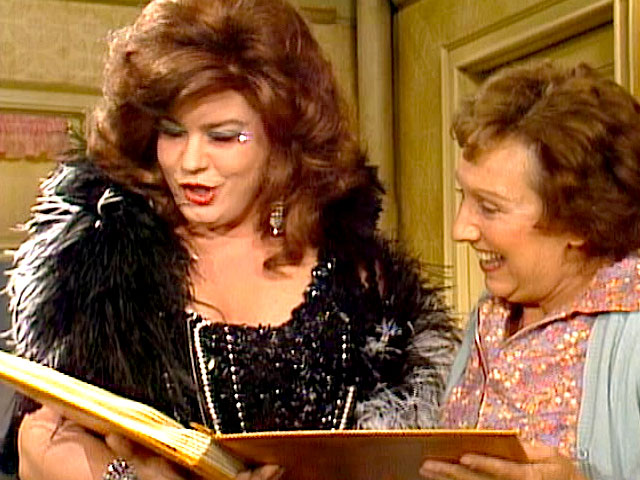
Carroll O’Connor’s portrayal of Archie Bunker is often hailed as one of the most iconic characters in television history. A hard-working, opinionated man with strong views, Archie became the voice of a generation, but behind the scenes, O’Connor was known for his explosive temper and fierce determination to make the character his own. While many assumed O’Connor’s temper was linked to the role itself, the truth is far more complex—and far more surprising.
A Perfect Storm of Pressure
Carroll O’Connor’s temper was legendary, and according to those who worked with him, it wasn’t always directed at his co-stars or crew members. In fact, O’Connor’s frustrations often stemmed from the immense pressure he felt to deliver a performance that not only lived up to the character of Archie Bunker but also met the expectations of a rapidly changing cultural landscape. As All in the Family became a huge hit, the stakes became higher. O’Connor wasn’t just playing a character—he was becoming the face of a show that was reshaping the way Americans viewed social issues. The pressure to balance humor with serious social commentary was immense, and for O’Connor, it wasn’t always easy to manage.
Many of O’Connor’s outbursts on set were related to the demands of the show. As the series grew in popularity, so did the expectations placed on its stars. O’Connor often felt that the writing didn’t allow enough space for his character to evolve, particularly in terms of showing vulnerability. For a man like Archie Bunker, whose abrasive exterior hid a more complex, often conflicted inner life, O’Connor believed that the scripts often leaned too heavily on caricature rather than depth.
O’Connor, who was deeply invested in his role, would frequently argue with producers and writers about the direction of his character. He wanted Archie to be more than just a mouthpiece for outdated beliefs. He wanted Archie to be a product of his time—an imperfect, yet relatable character that mirrored the contradictions and complexities of the real world. Unfortunately, O’Connor’s passionate debates about the character’s development often led to tension with the show’s writers.
An Intense Work Ethic
But O’Connor’s temper was not solely due to the demands of his character. The actor’s intense work ethic played a significant role in his volatile behavior. O’Connor was known to spend hours refining his performances, obsessing over every line of dialogue and every nuance of his delivery. This meticulous attention to detail often clashed with the laid-back nature of some of his co-stars.
In fact, O’Connor’s perfectionism sometimes led to conflicts with his fellow cast members, who were not always as invested in the craft as he was. Jean Stapleton, who played Edith, was often frustrated by O’Connor’s insistence on rehearsing lines and scenes repeatedly. While Stapleton was a consummate professional, she was less inclined to get caught up in the minutiae of every scene. This difference in approach led to some of the on-set tensions between the two, which, at times, bordered on hostility.
A Fiery Commitment to the Show
Despite these struggles, O’Connor’s commitment to All in the Family never wavered. His temper wasn’t a reflection of his dislike for the people he worked with, but rather his passion for making the show the best it could be. He understood the cultural significance of his role and wanted to honor the responsibility he felt as the face of one of the most groundbreaking sitcoms of the era.
The real reason behind O’Connor’s flare-ups, however, was his deep-rooted fear of failure. As the show became more successful, the pressure on O’Connor to keep performing at a high level only increased. He was terrified of letting down the fans who had embraced Archie Bunker and the show’s bold approach to social issues. Every day on set, O’Connor wrestled with his fear of not living up to expectations. And sometimes, that fear manifested as anger.
Ultimately, O’Connor’s temper was a reflection of his perfectionism and his dedication to the role. His outbursts were not a sign of a bad attitude but of an actor deeply committed to his craft. The challenges he faced on set only added to the authenticity and depth he brought to Archie Bunker, making the character one of the most memorable in television history.
